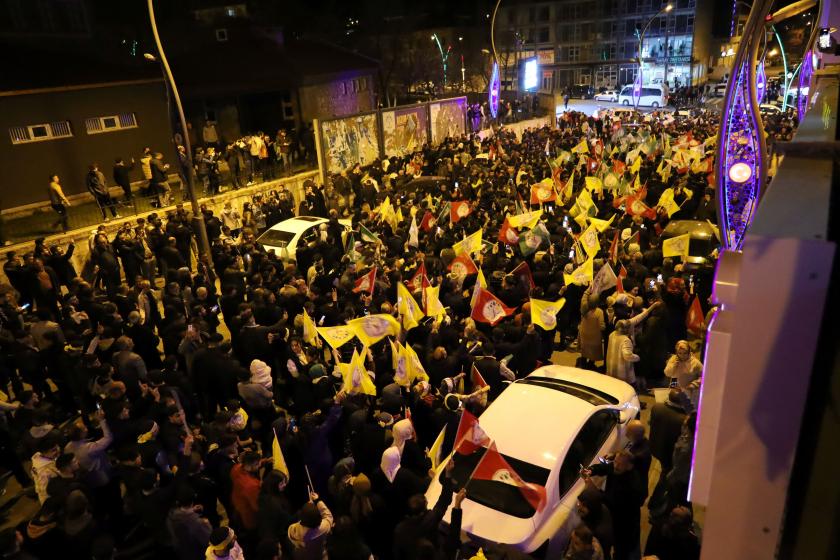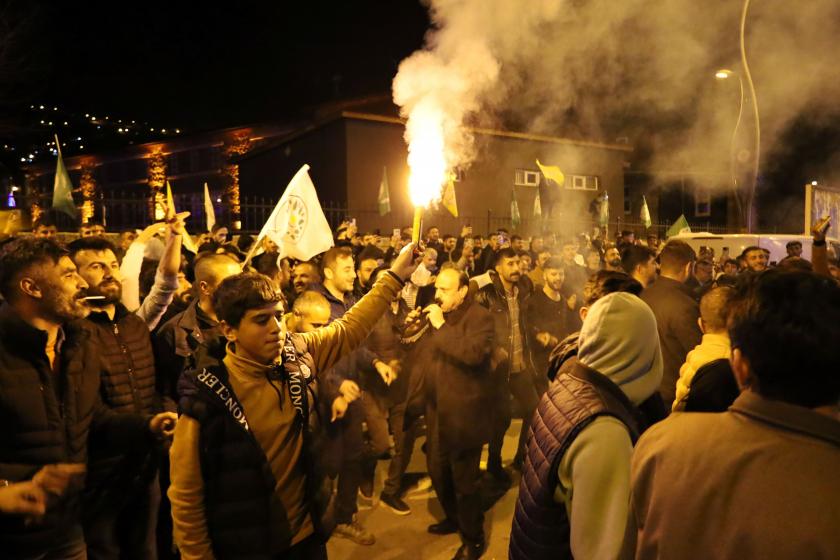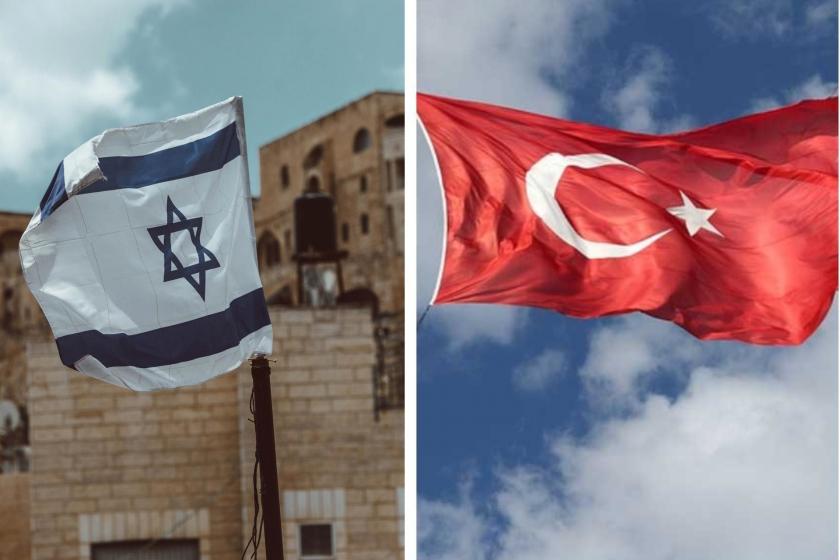For a year and a half Turkey and German relations have been strained. As time passes the scale of the tension multiplies. Before an issue is resolved another issue surfaces. The subject matter and those involved might change but the core of the issues are the same.
This can be best seen in the arrest of the Turkish – German citizen and journalist DenizYuceland the tensions surrounding the “İncirlik crisis”.
Even as senior officers at German government level were making efforts to release DenizYucel, the Human Rights Defender Peter Steudtner was also arrested.
To be more precise he is being “held hostage”…
Through these arrests the message sent by Turkey was clear; “we will not only arrest dual nationals such as Deniz, we will also arrest pure German nationals and there is nothing you can do about it”.
Reacting to the arrest, Foreign minister Sigmar Gabriel, stated that the tension between the two nations has reached worrying levels and he is aware that the tension will not end here.
In response to Germany calling Turkey’s Berlin ambassador and informing them of their concerns, the Turkish Foreign Ministry then sent for the acting ambassador of Germany’s Ankara embassy and issued a warning.
Following the meeting, Berlin’s analysis that Erdogan and the AKP government is interfering in the judicial process was interpreted by the Turkish Foreign Minister as behaviour that “demonstrates diplomatic disrespect” and as “overstepping the mark”.
The tone and style of the statement confirmed that Turkey will not stay silent in relation to the criticism directed at them. Moreover, action taken by Germany receives multiple reprisals.
We had witnessed this during the “İncirlik crisis”
By preventing German MPs from visiting German military officers in Incirlik, Erdogan forced German soldiers to move to Jordan. While discussions were ongoing, it was stated that there was no restriction on visiting German military officers at the Konya Military base, which is under NATO control.
However, once the “Incirlik phase” came to end, another crisis was opened by preventing German MPs from visiting the military officers in Konya.
The final claim is that Turkey has included German companies Daimler Benz and BASF as “companies supporting terror organisations”. It now appears that, alongside the arrest of journalists and human rights campaigners, German company executives are facing arrest for “supporting terror” or for being “members of an armed organisation”.
The developments suggest that this is clearly part of a strategy to keep the relationship with Germany strained.
Granting asylum to senior military officers and bureaucrats by Germany after the coup attempt is given as the excuse for Turkey’s decisions. Of course it warrants some attention that Erdogan is so adamant to secure the extradition of these officers, even though these officers were not in Turkey during the coup and were serving in NATO. Furthermore, Erdogan took no action when those who committed the Sivas massacre in Turkey were granted asylum by Germany.
For the last year and a half, when you observe the chain of events, Erdogan has consistently escalated tensions. In contrast Merkel seemed to be more compromising and supportive as she considered Germany’s interest within the region. In response to the actions taken by Ankara, the only serious steps taken by Germany was when they banned Erdogan and his ministers from holding a meeting in the country.
It is now clear at this stage that the tension will not abate. Using Germany, Erdogan is continuing his confrontation with the EU but wants the (EU accession) talks to be finished quickly. Because he knows that this is not possible in the short term, he is preparing the foundations for his previous referendum messages in relation to the EU membership by using the tension he is in with Germany. Of course he knows that the route to the EU is through Berlin.
The tension with Berlin presents an opportunity to strengthen Erdogan’s hand in internal and external politics and to effect migrants of Turkish origin in Germany, but where this tension will lead hereafter depends on Merkel’s reaction.
Political parties and the media are now calling on Merkel to take effective steps against Erdogan. For it is clear that what has been done thus far has not been able to effect Erdogan.
Now Berlin is discussing how it can up the pressure on Erdogan.
According to Severin Weiland’s article in Spiegal Online this week, the first step is to caution the public against travelling to Turkey. Turkey will be likened to Iraq and the public will be asked to cancel their travel plans. In other terms a tourism blow…
In the next phase, is to free EU talks and cease the financial support provided to Turkey by the EU. Currently the EU plans are to pay Turkey 4.45 billion Euros between 2014 – 2020.
If these fail to stop Erdogan, there are plans to apply economic sanctions. But it is unclear how this will be done. The German guns used by Erdogan in internal and external wars will continue to be sold because an arms embargo is not on the agenda. Also the multi-billion euro “refugee agreement” will also continue unaffected.
What is needed is for the democratic powers in Germany to actively campaign for an arms embargo and economic sanctions. Otherwise it does not seem possible for Merkel to take effective steps on this issue.



